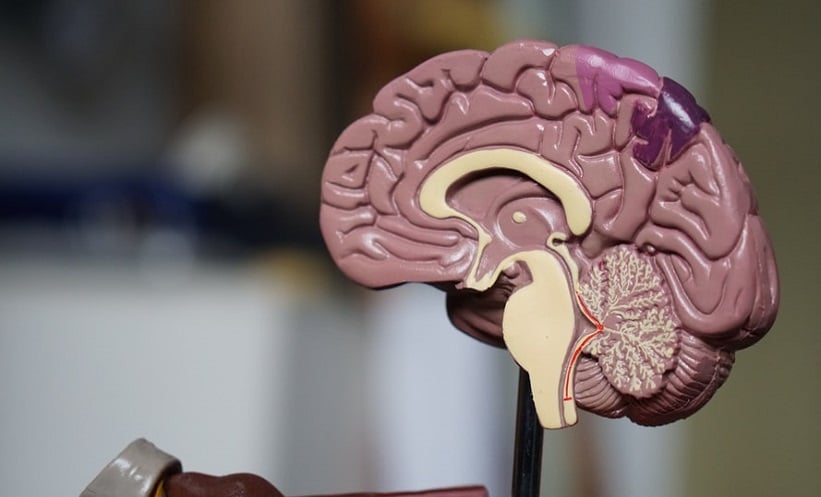OBESITY has been linked to brain dysfunction in a large new study measuring cerebral blood flow, the primary predictor that an individual may develop Alzheimer’s disease.
In one of the largest studies of its kind, scientists from the Amen Clinics, New York, New York, USA, analysed neuroimaging scans and showed that “being overweight or obese seriously impacts brain activity and increases the risk for Alzheimer’s disease as well as many other psychiatric and cognitive conditions.” This is according to the study’s lead author and founder of Amen Clinics, Dr Daniel G. Amen. The study measured the blood flow and brain activity for over 17,000 people in resting state and in concentration, and researchers analysed more than 35,000 functional neuroimaging scans using single-photon emission CT.
The results of the study showed that distinct patterns of progressively reduced blood flow were identified in all areas of the brain in all weight classifications: underweight, normal weight, overweight obesity, and morbid obesity. Along the categories from normal weight, areas of the brain associated with higher risk of Alzheimer’s disease were shown to have reduced blood flow. These areas include the temporal and parietal lobes, hippocampus, posterior cingulate gyrus, and precuneus. Dr George Perry, Semmes Foundation Distinguished University Chair in Neurobiology at The University of Texas at San Antonio, San Antonio, Texas, USA, commented on how this novel study has demonstrated how the body causes a direct response in the brain: “Dr Amen and collaborators provide compelling evidence that obesity alters blood supply to the brain to shrink the brain and promote Alzheimer’s disease.”
There is a possibility for obesity to be treated as an intervention to reduce vulnerability to Alzheimer’s disease, with potential to improve brain function in younger populations and across all age groups. Dr Amen highlighted this potential avenue for reducing risk of Alzheimer’s disease: “One of the most important lessons we have learned through 30 years of performing functional brain imaging studies is that brains can be improved when you put them in a healing environment by adopting brain-healthy habits, such as a healthy calorie-smart diet and regular exercise.”








